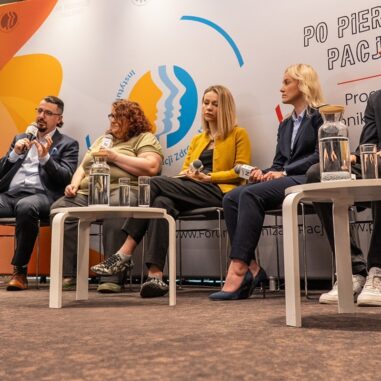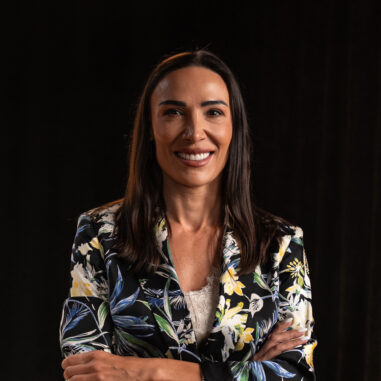
Parents sound the alarm: polluted air, unhealthy food, lack of exercise. Episode 110
Why is it so difficult in Poland to provide children with clean air, healthy food and a safe environment?
First: breathe. How to fight for our children's health in a world that has forgotten it
Imagine that every time you go to school with your child starts by walking through a curtain of fumes. That lunch in the school canteen is more a test of sugar and salt tolerance than a lesson in healthy eating. That 'fresh air' has become a term from science books rather than an everyday experience.
Sound like a dystopia?
This is an everyday reality for many Polish families.
On why our children's health has become a luxury commodity, we spoke to Kamila Kadzidłowska of the initiative Parents for Climate. Her story is both a personal testimony and a warning: if we do not act now, future generations will pay a bill that no one will be able to repay.
Health on loan
"It's frustrating," says Kadzidłowska. - "We start a family, have children, and suddenly it seems that clean air or healthy food is a luxury. That we live supposedly in a safe part of the world, yet every day we breathe something that is slowly poisoning us."
The problem is multi-layered. Smog during the heating season, busy streets near schools, school shops full of processed snacks. These are not minor inconveniences - they are factors that have a measurable impact on children's health and development.
Studies clearly show: polluted air impairs cognitive function, increases susceptibility to infections, and reduces life expectancy. Yet in Poland, the subject of air quality is still treated as a hobby for "eco-enthusiasts".
The vicious circle of school traffic jams
There is another piece of the puzzle: the daily morning traffic jam outside the school. It's not always about safety - sometimes it's simply about convenience. "I know a school where the children had a ten-minute walk to get to the school, and most were still given a lift," says Monika Rachtan, the interviewer.
The result? Less exercise, more exhaust fumes, greater risk of obesity and lifestyle diseases. And yet all it would take would be a single statement from the management - as in one community school, where an appeal to stop dropping off children caused real change.
Reports versus reality
When a local organisation produced a report showing the scale of pollution around the school, it seemed to be the beginning of change. The figures were unmistakable: thousands of cars, plummeting smog indicators in the morning. But at the same time, the authorities approved the construction of a discount store with a huge car park right next door. The investment priority won out over the health priority.
A world where you can do things differently
In Japan, children go to school on foot. They cook their lunches there from local produce. They learn self-reliance by doing, not from a textbook.
In Finland, students have been receiving media education for years, which allows them to recognise disinformation - a skill that is invaluable in the era of fake news.
In Poland? We are still debating whether health education should be compulsory.
The price of silence
Kadzidłowska cites figures that are hard to ignore: PLN 150 billion a year cost Poland the effects of smog. Medical treatment, loss of productivity, premature deaths. This is money that could go into the education, health or infrastructure budget.
And yet, in the public debate, the topic gets lost. The voice of investors is loud, coordinated. The voice of the residents? Often barely audible.
Disinformation - the invisible smog
The problem is not only physical smog, but also information smog. Climate and health fake news spreads online at lightning speed. Algorithms place a premium on sensationalism rather than truth.
"We need regulation for Big Tech," Kadzidłowska stresses. - "Otherwise we will always lose out to the disinformation machine that makes money from polarisation and chaos."
What we can do today
Changing your lifestyle will not solve everything, but it is a starting point. Monitoring air quality, giving up the car where you can, introducing plant-based products into your diet, talking to your children about health and the environment.
But most importantly - the pressure on local authorities. It is there, in the municipalities and towns, that decisions are made about whether a new park or another car park will be built.
The right to breathe
"Living healthy should be our constitutional right," says Kadzidłowska. - "That means clean air, access to healthy food, safe spaces. It's not a luxury, it's a foundation."
This text is a call to action.
Because if we don't start fighting for clean air and a healthy environment for our children today, tomorrow we will wake up in a world where it will be too late.
Previous episodes
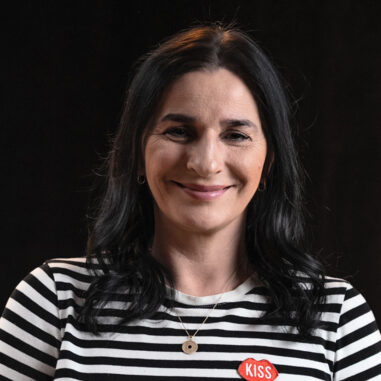
8 million smokers in Poland. Who will finally help us quit? Episode 109
A cigarette doesn't scream. It doesn't stagger like alcohol. It doesn't wreak havoc in sudden bursts of aggression. And yet - it is the one that quietly kills over 70,000 Poles a year. Nicotine, although legal and packaged in fashionable sachets or stylish e-cigarettes, is one of the most potent drugs known to science. And although we have known for decades how deadly it can be, Poland is still unable to combat it effectively.
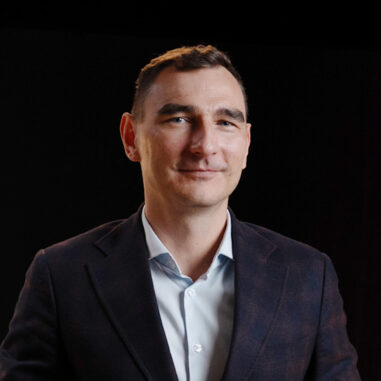
Not all sex ends in orgasm - and very well. Episode 108
Did you know that thousands of women in Poland have no idea for years that... they are still virgins? And others give up sex not because they don't want to, but because every attempt ends in pain, anxiety, disappointment. In the latest episode of the podcast Po pierwsze Pacjent, Monika Rachtan talks to Professor Krzysztof Nowosielski - gynaecologist, sexologist and oncologist.
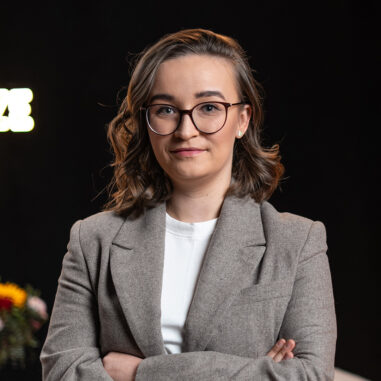
Urophysiotherapy, or how to regain a comfortable life after prostate removal. Episode 107
Can a procedure that saves lives also take away a sense of masculinity? In the latest episode of Patient First, Monika Rachtan talks to urophysiotherapist Kamila Grabek about complications after prostatectomy.
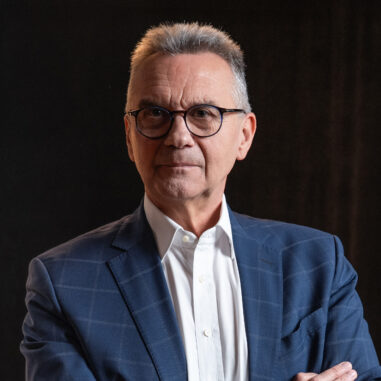
Polish Society for Holistic Medicine - a new direction in healthcare. Episode 106
What does it mean to treat a patient holistically - and is the health system in Poland ready for this?



